Table of Contents
- President Xi Jingping arrives in Saudi Arabia - The Asian Mirror
- Xi Jinping Aims to Propel China to the Top of the World Order | Time
- China's War on Words Show Xi Jinping Is A Dictator For Life - Newsweek
- China Law & Policy
- Chinese President Xi Jinping ‘to inaugurate Gwadar airport’ - Economy.pk
- Indian Strategic Studies: Xi Jinping’s Endgame: A China Prepared for ...
- Profile: Xi Jinping leads China on new journey-Xinhua
- Inside St Regis in San Francisco where President Xi Jinping is staying ...
- China expects good human rights behaviour from British Labour leader ...
- No one will win trade war, Xi Jinping tells world leaders - Ships & Ports

Xi Jinping is a Chinese politician who has been serving as the General Secretary of the Communist Party of China (CPC) and the President of the People's Republic of China since 2013. As the paramount leader of China, Xi has been instrumental in shaping the country's domestic and foreign policies, and his tenure has been marked by significant developments that have far-reaching implications for China and the world.
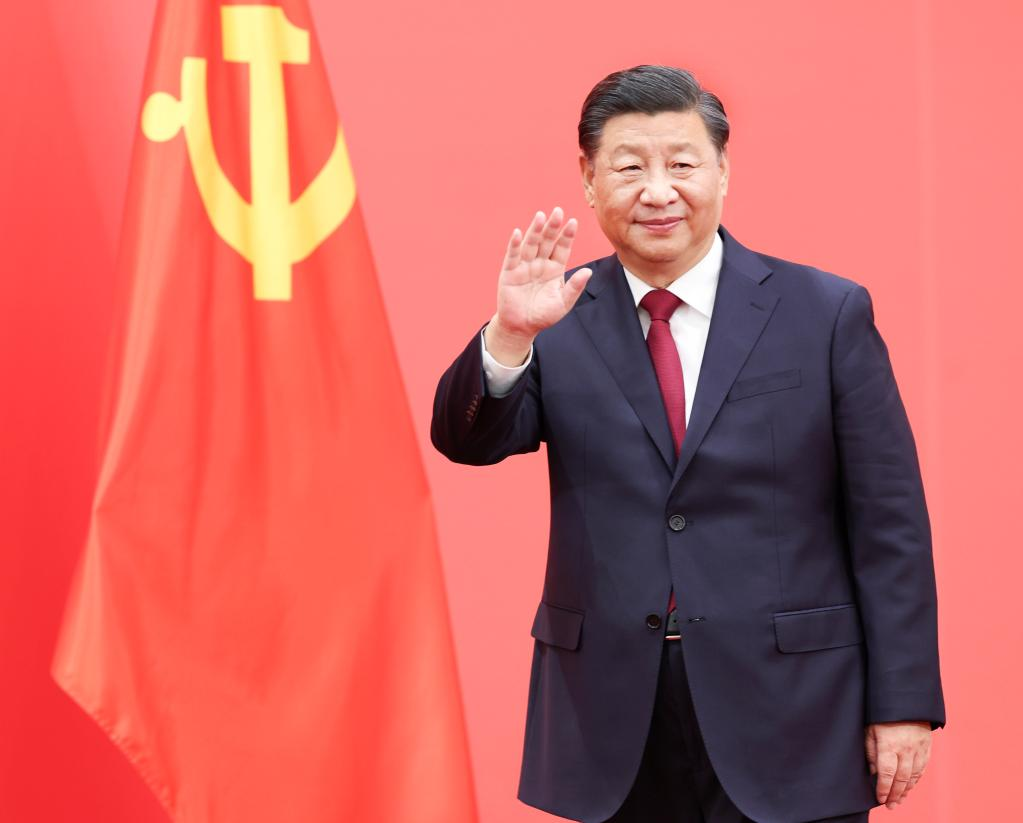

Early Life and Career

Born on June 15, 1953, in Beijing, China, Xi Jinping is the son of Xi Zhongxun, a former vice premier of China. Xi's early life was marked by hardship and struggle, as his family was persecuted during the Cultural Revolution. He joined the CPC in 1974 and began his career in the party's youth league, rising through the ranks to become the party's top leader.

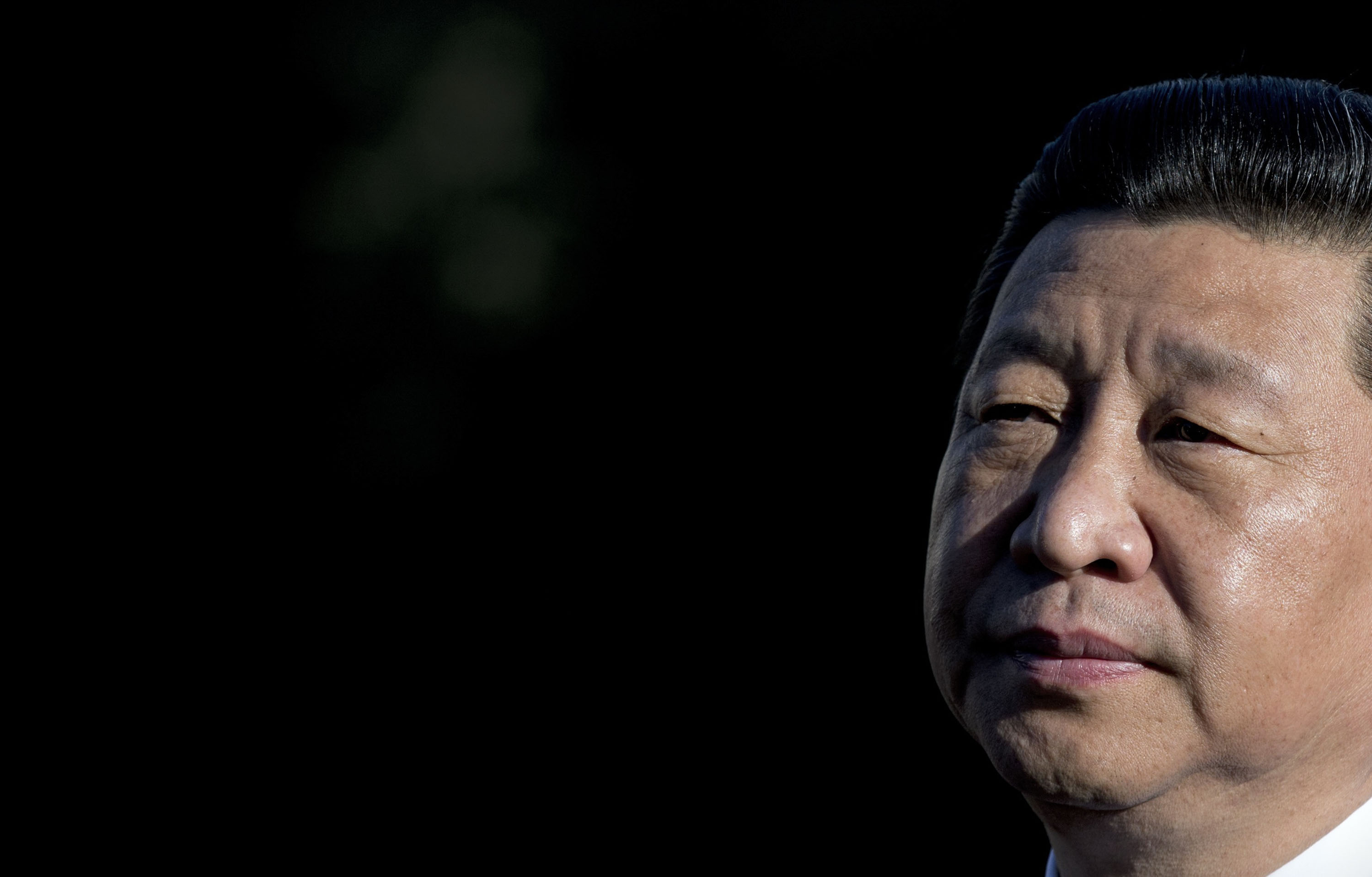
Rise to Power
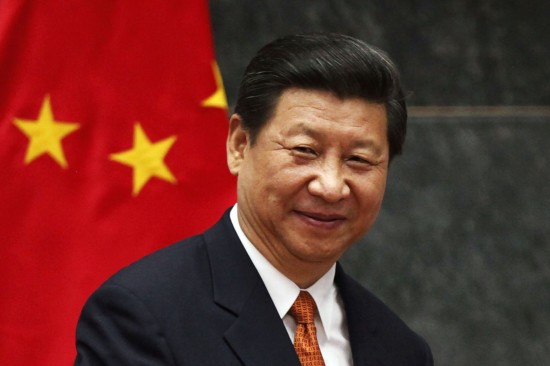
Xi's rise to power was swift and decisive. In 2007, he became a member of the Politburo Standing Committee, the CPC's top decision-making body. In 2012, he was appointed as the General Secretary of the CPC, and in 2013, he took over as the President of China. Since then, Xi has consolidated his power, eliminating potential rivals and establishing himself as the most powerful leader in China since Mao Zedong.
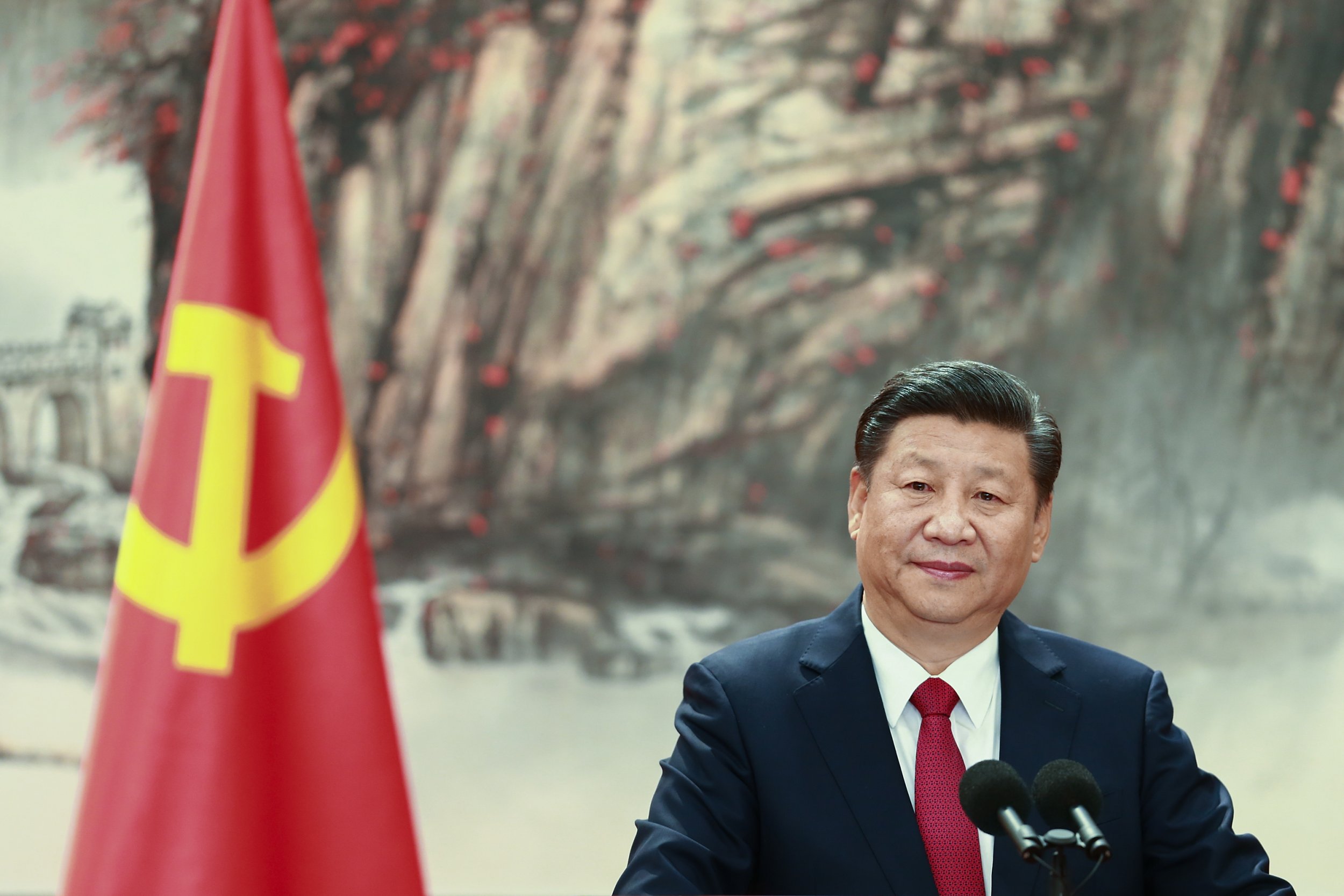
Domestic Policies
Under Xi's leadership, China has implemented a range of domestic policies aimed at promoting economic growth, reducing poverty, and improving living standards. The government has invested heavily in infrastructure development, including the construction of high-speed rail networks, roads, and bridges. Xi has also launched a series of campaigns to crack down on corruption, pollution, and social unrest, including the anti-corruption campaign that has netted thousands of officials.
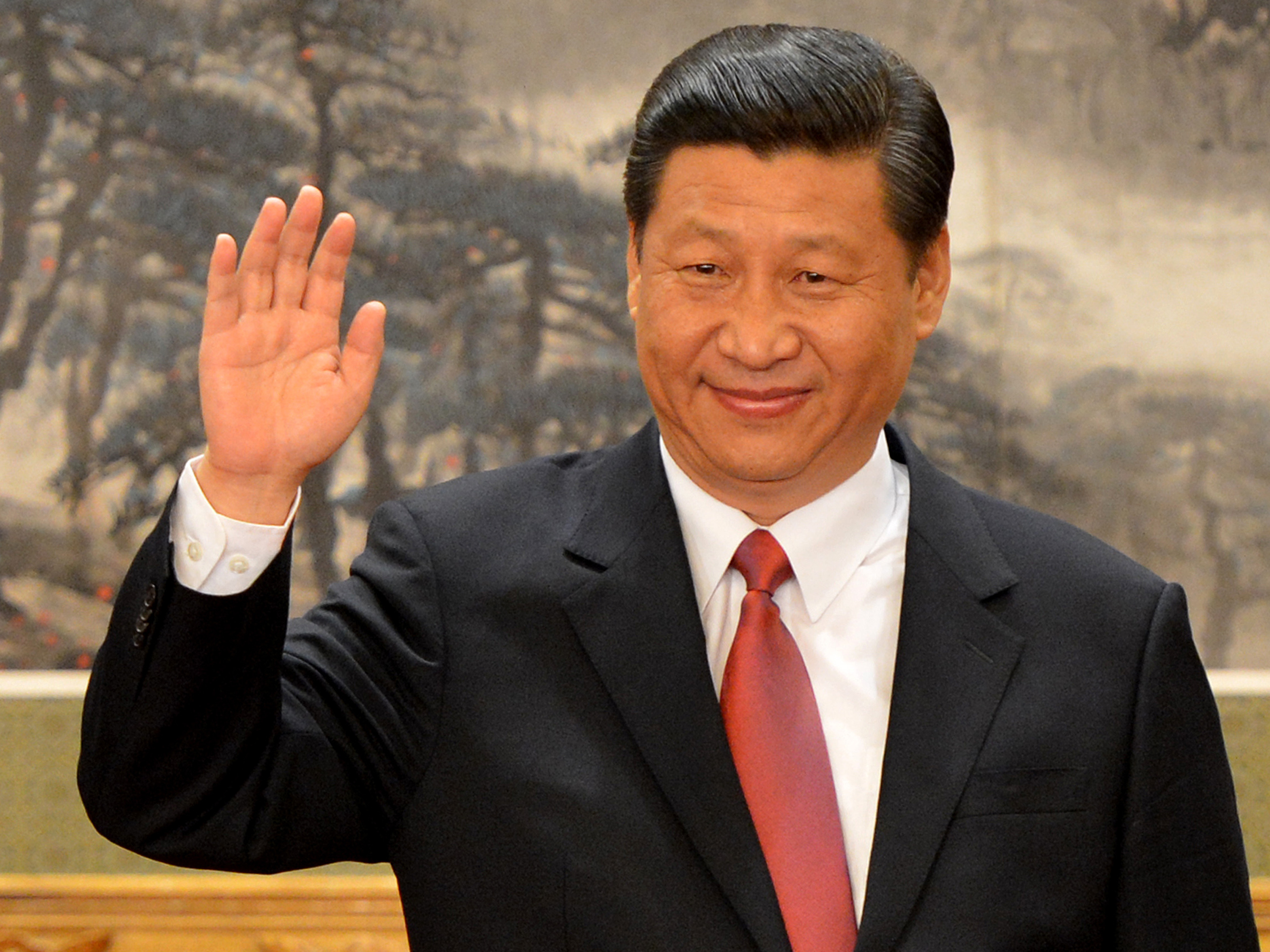
Foreign Policy
Xi's foreign policy has been marked by a more assertive and nationalist approach, with a focus on promoting China's global influence and protecting its interests. The government has launched a range of initiatives, including the Belt and Road Initiative, a massive infrastructure development project aimed at connecting China with other parts of Asia, Europe, and Africa. Xi has also strengthened China's military, with a focus on modernizing its armed forces and expanding its presence in the South China Sea.

Controversies and Challenges
Xi's leadership has not been without controversy. His government has been criticized for its human rights record, particularly in the Xinjiang region, where millions of Uighur Muslims have been detained in internment camps. Xi's crackdown on dissent and free speech has also been widely condemned, with many critics accusing him of undermining China's already limited democratic institutions.
In conclusion, Xi Jinping is a complex and multifaceted leader who has had a profound impact on China and the world. While his policies have lifted millions of people out of poverty and promoted economic growth, they have also been marked by controversy and criticism. As China continues to rise as a global power, Xi's leadership will be closely watched by the international community, and his legacy will be shaped by the choices he makes in the years to come.
For more information on Xi Jinping's life and career, visit his Wikipedia page.
Note: This article is for general information purposes only and is not intended to be a comprehensive or definitive account of Xi Jinping's life and career.